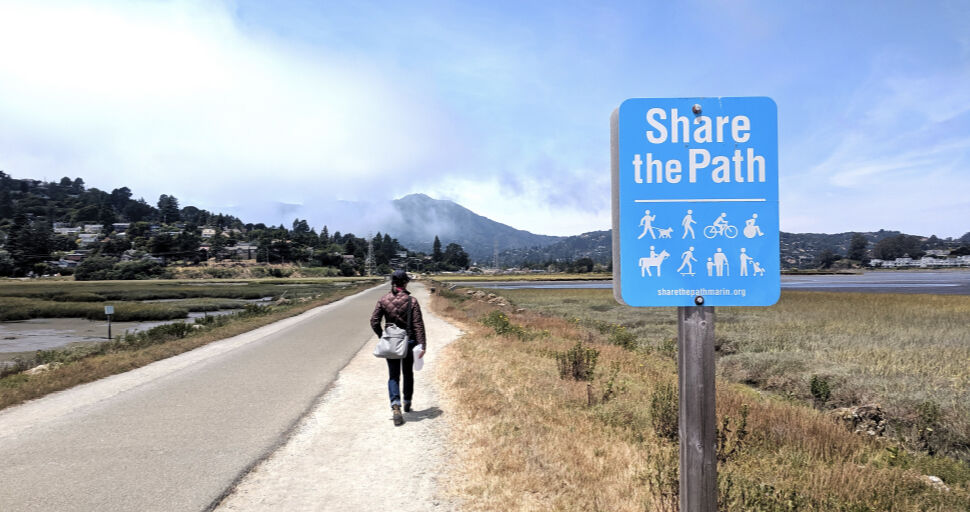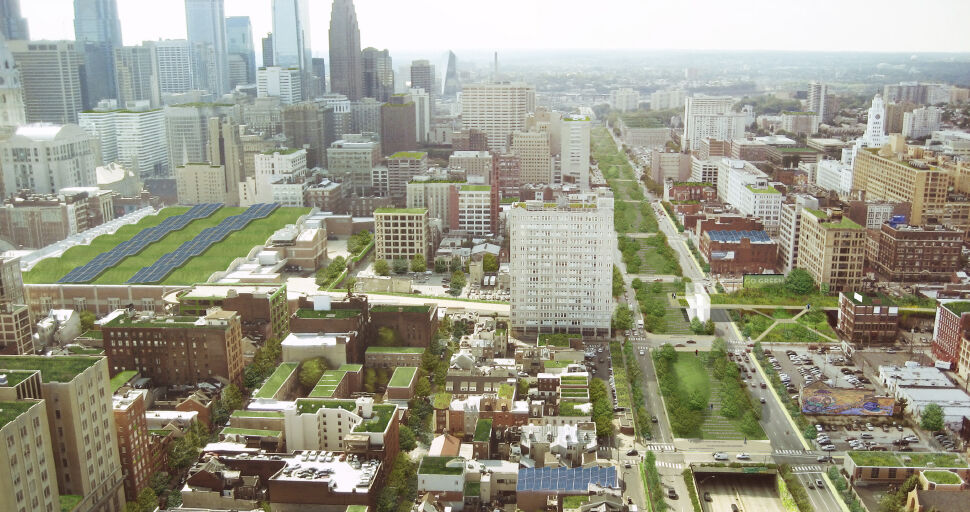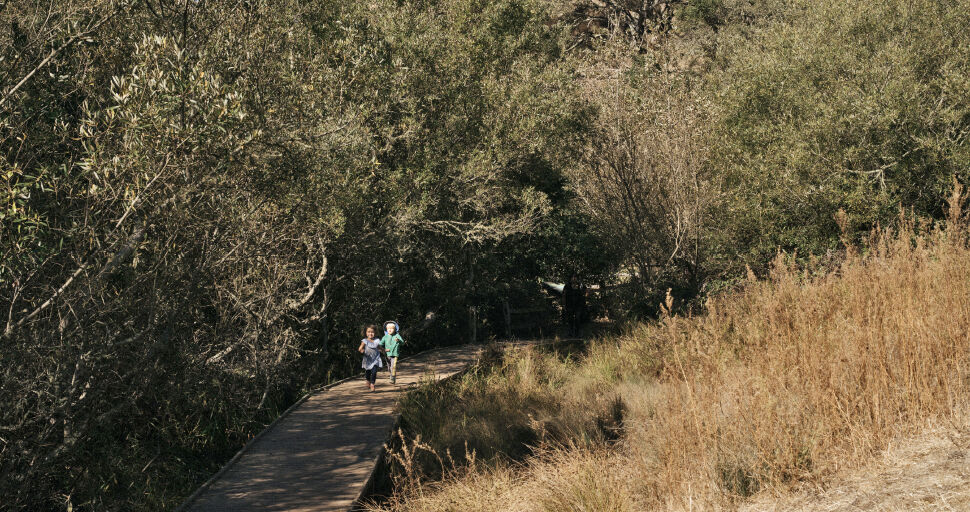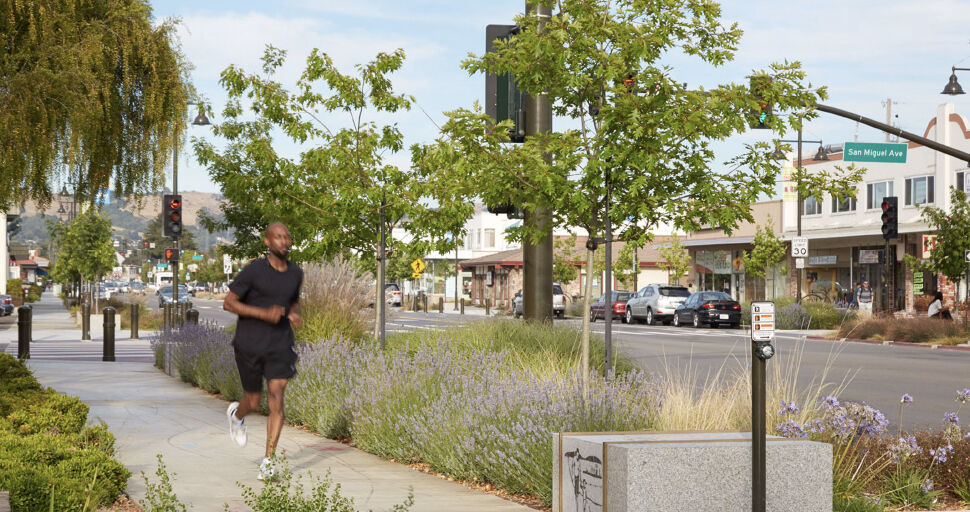WRT views resilience as central to community health and well-being. We aim to help communities guard against a wide range of impacts whether they be weather-related, sea level rise, economic or social in their root causes. We focus on integrating these elements into our work.
1. Social Equity
Communities are fundamentally more successful across a range of economic, social, and cultural indicators when they have access to education, healthy food, clean air and water, parks and open space. From this foundation, communities are ultimately more resilient to a wide range of impacts, both socio-economic and natural.

2. Ecological Systems
Ecological systems are the backbone networks of our earth’s vital functions. Clean air, clean water, carbon sequestration, and the biodiversity that supports all living organisms are all served by healthy, functioning ecosystems. If our communities can promote and optimize these ecological functions – they will benefit in health, safety, and well-being.

3. Green Infrastructure
Green infrastructure solutions seek to narrow the gap between engineered infrastructure and natural ecosystems using low energy strategies, people powered functions, and biologically based solutions. Infrastructure networks are the lifelines delivering water, food, energy, transportation for people and goods. By making these networks more sustainable they will be more resilient to unexpected impacts.

4. Public Health + Open Space Access
A firm foundation of public health supports social and economic vitality and will increase a community’s resilience to change and unexpected impacts. Creating environments where people can be assured of clean air, clean water, access to healthy food, access to open space and exercise and access to vital support services will ensure socially and economically vital communities.

5. Economic Vitality
Creating a diverse economic ecosystem safeguards against the ups and downs of economic cycles. Fostering ties to universities promotes innovation and encourages new start-ups. Creating a balance between jobs and housing ensures a more sustainable workforce. Promoting locally sourced materials creates a strong business organism and reduce its carbon footprint. All of these factors ensure a strong and ultimately more resilient economic foundation.
